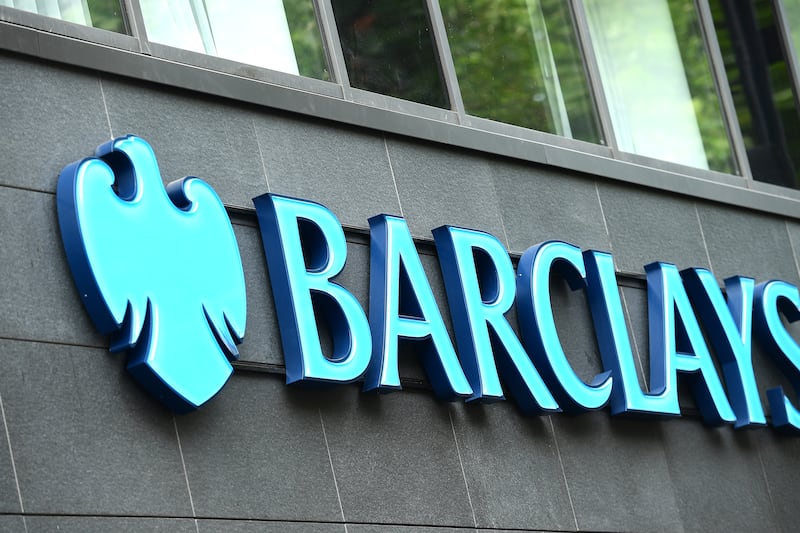FEW things are more indelibly associated with modern capitalism than the global technology titan – the Facebooks, Ubers and Googles of this world. These are businesses that have helped shape the lifestyles of billions, from how we travel to how we communicate.
Intangible industries have usurped the corporeal, with both benefits and detriment to society – but a more straightforward boon to their investors; shares in the global IT sector have returned more than 130 per cent in the past five years, over twice the already stellar performance delivered by the broader stock market, although we must remember that past performance is not a reliable indicator of future performance.
Does the first fatality from a driverless car augur a tech crash in the markets too? Should investors “delete” Facebook over data privacy concerns?
Behind every new gadget/software/app lies its basic purpose – to improve its users’ lives by allowing them to do more with less. For the practically minded, a good example is the technology-fuelled advances in food production seen over the last 50 odd years; between 1961 and 2009, the amount of land used to grow food increased by 12 per cent, but the amount of food that was grown increased by a Malthus-defying 300 per cent.
The point is that a free and unfettered corporate sector, driven to innovate and find new ways to do things, can be a huge positive for both society and investors. However, both should remember that the very process of technological innovation is a risky one.
Any inventor of a new product or service risks the possibility that it will not work, whether due to the potential for a harsher regulatory backdrop to counter its potential for abuse (Facebook), a technological mishap (Uber), or even the potential for greater competitive disruption, as suffered by Samsung this week.
We tend to only remember the successful outliers, forgetting the far larger pool of companies that failed to overcome or adapt to those incoming risks. For every Google, there is a Yahoo or an Ask Jeeves. Diversification remains one of the most important weapons for investors to bring to bear in this battle, across sectors, regions and asset classes. Part of this is remembering to rebalance from time to time, lest a concentrated basket of tech winners come to dominate your portfolio.
Much like the wider stock market, the outlook for technology sector looks significantly murkier than the past. The stellar growth rates of the last year or so, where cyclical and structural trends finally started to combine, are unlikely to be repeated. A stiffer regulatory headwind, if that does come to pass, will raise costs. Meanwhile, valuations should be kept in check, at the very least, by higher interest rates.
Nonetheless, we still expect premium revenue and earnings growth from the global technology sector. The regionally diverse pick-up in capital expenditure and investment will continue to lean towards IT.
Meanwhile, we remain a long way from the kind of investor exuberance that marked the end of the last millennium. Then, share prices so became so divorced from reality that it took around a decade for the sector’s share of index earnings to be reconciled with its market capitalisation. In the more recent run up in the technology sector, we can be reassured by the fact that its market share has moved more or less in line with its earnings.
For investors looking to benefit from technological progress, the global IT sector represents a type of wager on future human productivity – one that we still feel is attractively priced at the moment. The key thing here is to size these bets intelligently, and not put all eggs into one basket. All investments can fall in value; you may get back less than you invest.
:: Jonathan Sloan (jonathan.sloan@barclays.com) is a private banker at Barclays Wealth & Investment Management







